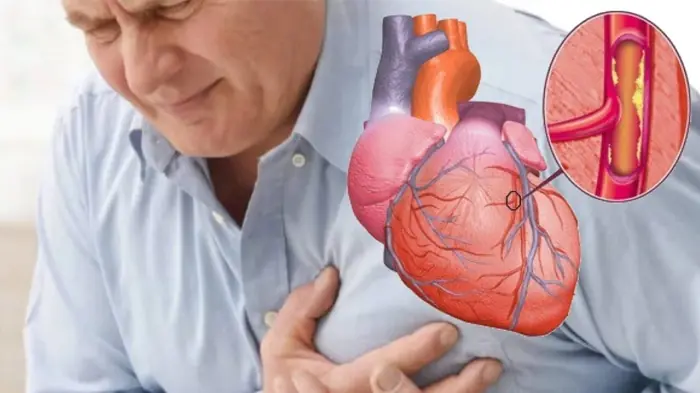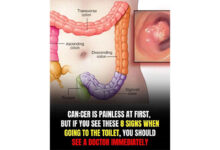Early Warning Signs of a Heart Att.ack One Month in Advance
Early Warning Signs of a Heart Att.ack One Month in Advance
Patients may experience unusual fatigue, unexplained anxiety, insomnia, or shortness of breath weeks or even a month before a heart attack.

A heart attack is one of the leading causes of death worldwide. Recognizing early symptoms can help prevent serious complications and allow timely medical intervention.
Unusual, Unexplained Fatigue
One of the earliest and most overlooked signs of a heart attack is persistent, unexplained fatigue. Patients may feel exhausted even after getting enough rest or struggle with daily activities like climbing stairs or carrying objects.
This fatigue is not linked to physical exertion or lack of sleep but results from reduced blood flow to the heart. When the heart cannot pump blood effectively, the body prioritizes energy for essential functions, making a person feel weak and drained.
Chest Discomfort or Tightness
Chest pain is a common symptom of a heart attack. However, some individuals may experience mild discomfort or a squeezing, pressure-like sensation in the chest weeks before the actual heart attack occurs.
Unexplained Anxiety or Stress
A sudden and unexplained sense of anxiety or panic may be an early warning sign. Panic attacks accompanied by chest discomfort or shortness of breath could indicate an impending heart attack.
Insomnia
Some people experience sleep disturbances weeks before a heart attack. This includes difficulty falling asleep, waking up frequently at night, or feeling restless due to discomfort or breathing difficulties.
Swelling in the Legs
Unusual swelling in the feet and ankles may signal heart problems. When the heart is not functioning properly, blood flow slows down and backs up in the veins of the legs, causing fluid to accumulate in the tissues, leading to swelling.
Shortness of Breath
Shortness of breath can be a sign that the heart is not working efficiently. If the heart struggles to pump blood, fluid can build up in the lungs, making breathing difficult even with mild physical activity.
Patients should not ignore mild or occasional symptoms, as they could be early warning signs of a heart attack. Monitoring their frequency and severity and seeking medical advice promptly can lead to early diagnosis and timely treatment.

